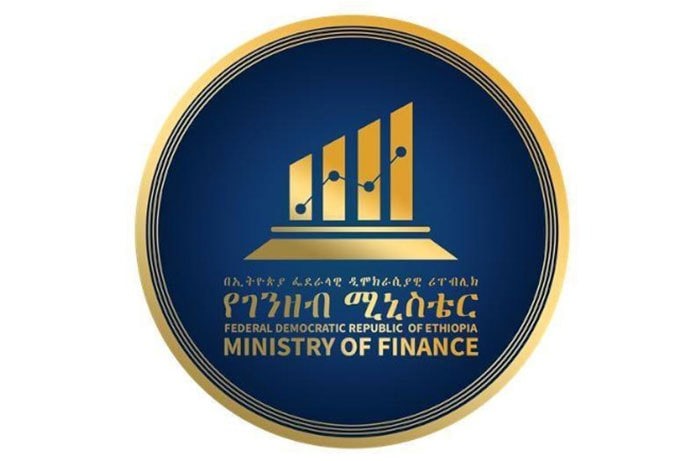
The advisor was Teferri Mekonnen, a senior budget advisor at the ministry.
According to Teferri, the Ministry of Finance is in the process of adopting short-term and medium-term policies to mitigate the country’s galloping inflation rates.
One of the main issues being addressed, in this regard, is aligning demand and supply in the country. The ministry is doing this by addressing supply chain and logistics issues in collaboration with the Ethiopian Shipping and Logistic Services Enterprise (ESLSE) and addressing illicit and illegal market practices with several other governmental agencies.
An increase in revenues from all regions is also cited as a significant factor in mitigating inflation and other adverse economic dynamics. In the past 10 months, more than ETB 22 billion was brought in as revenue from the regions.
The 15.6 percent in budget for the regions that is part of next year’s budget proposal is expected to drive this favourable change even further and ensure that all parts of Ethiopia play a crucial role in the country’s economic landscape instead of a handful of cities and districts.
The proposed budget for next year is ETB 561.7 billion, an 18 percent increase from this years’s budget. The government is short of this budget by ETB 125.7 billion, but plans on financing ETB 68.9 billion locally (approximately ETB 26 billion from local banks) and ETB 56.9 billion from foreign lenders.
Experts, however, note that the increase in the share of the budget of recurrent segments like defence and decrease in the share of segments like capital investments and public services, needs to be carefully reconsidered. This change, according to financial commentators, might prove to be a drain on the country’s finances if revenue streams are not increased.
